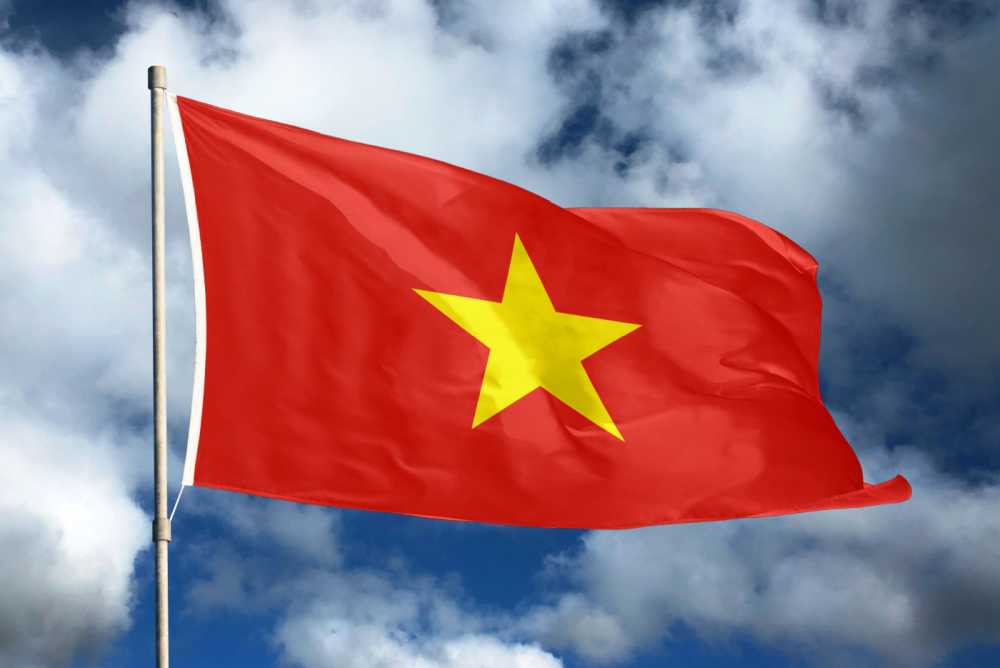What’s Next for Vietnam’s Just Energy Transition Partnership?

Tatohra/Shutterstock.com
The recent announcement of the opening of the secretariat for Vietnam’s Just Energy Transition Partnership (JETP)—one of a series of new collaborative efforts to accelerate energy transitions in developing nations --marked a key development in the country’s international engagement in the energy sector. Yet it also highlights some key challenges that lie ahead for an innovative financing mechanism being deployed for emerging economies central to tackling the world’s climate goals.
Despite incremental progress in multiple rounds of international climate change talks over the past few years, there are still unresolved issues, including the lack of financing for developing countries by developed ones, with a missed goal of $100 billion (by 2020). JETPs were developed as a mechanism to help address a dearth of funding by encouraging key emerging economies to transition away from coal through financing and assistance to address social impacts such as job losses.
Following the first JETP, with South Africa in 2021, Vietnam and Indonesia saw deals in 2022. Vietnam’s inclusion in the JETP process came as no surprise – it is among the world’s top 20 most populous countries, has registered among the highest levels of economic growth over the past few years, and is among the globe’s biggest and most dependent users of coal. At the same time, talks leading up to the announcement of the Vietnam JETP in December 2022 revealed issues that may lie ahead, including extent and terms of financing. Challenges in Vietnam’s energy sector were also in the spotlight, with a case in point being the much-delayed new power development plan (PDP8), finally released this May.
Viewed from this perspective, the launch of Vietnam’s JETP secretariat is noteworthy. Though its official government declaration came three months later than the initially planned April 2023, it provides a sense of how a key coordinating mechanism between Vietnam and its partners will be structured, around which the $15 billion in planned funds would be disbursed. Per the four-page document issued by the Vietnamese government, the Ministry of Natural Resources and Environment (MONRE) will lead the secretariat, with support from the Ministry of Industry and Trade (MOIT), the Ministry of Planning and Investment (MPI), and the Ministry of Finance (MOF). It will comprise four working groups: Coordination (led by MONRE); Governance, Policy and Investment (led by MPI); Technology and Energy (led by MOIT); and Finance (led by MOF).
At the same time, the secretariat launch also belies bigger challenges that lie ahead for the Vietnam JETP. One is resourcing. The upcoming Vietnam JETP Resource Mobilization Plan (JETP-RMP) will be a key indicator of how Vietnam and international partners balance the funding Hanoi is receiving with the ambition of its targets. This includes the International Partners Group (IPG), co-led by the European Union, the United Kingdom and the Glasgow Financial Alliance for Net Zero (GFANZ), along with private sector institutions. Indonesia has already been periodically voicing concerns publicly about this in its own JETP. Another is the management of governance and transparency issues, with some civil society groups noting that consultations with non-governmental stakeholders need to be followed through on with developments such as the treatment of climate defenders.
The Vietnam JETP will also take place amid broader developments, internally and externally. Though JETPs are meant to be tailored to a country, the reality is the Vietnam JETP will be shaped along with more established (as well as newer) partnerships. It will do so up to and beyond the next round of international climate change talks set for Dubai toward the end of 2023, including the unveiling of future steps on the Indonesia JETP. Meanwhile, domestic developments such as the delayed PDP8 rollout or the recent round of blackouts in the country affecting businesses are important reminders about the structural issues at play in the energy sector, including grid capacity and management, the regulatory environment for technological cooperation, and interagency dynamics in the country’s energy transition.
All this suggests the Vietnam JETP remains an important one to watch. Aside from the fact that it is occurring in a populous, fast-growing and diplomatically active country, the evolution of the Vietnam JETP could have important implications for the region and the wider world in the quest for post-pandemic growth and just energy transitions.
An earlier version of this piece was published over at the weekly ASEAN Wonk newsletter.
About the Author

Prashanth Parameswaran
CEO and Founder, ASEAN Wonk Global, and Senior Columnist, The Diplomat

Wahba Institute for Strategic Competition
The Wahba Institute for Strategic Competition works to shape conversations and inspire meaningful action to strengthen technology, trade, infrastructure, and energy as part of American economic and global leadership that benefits the nation and the world. Read more










